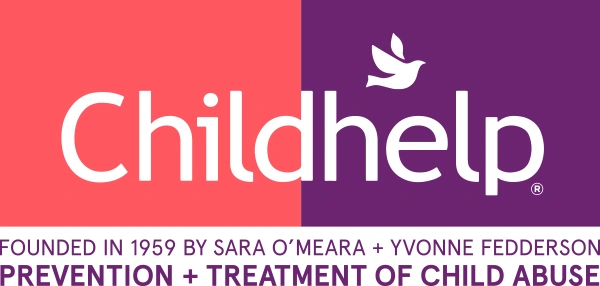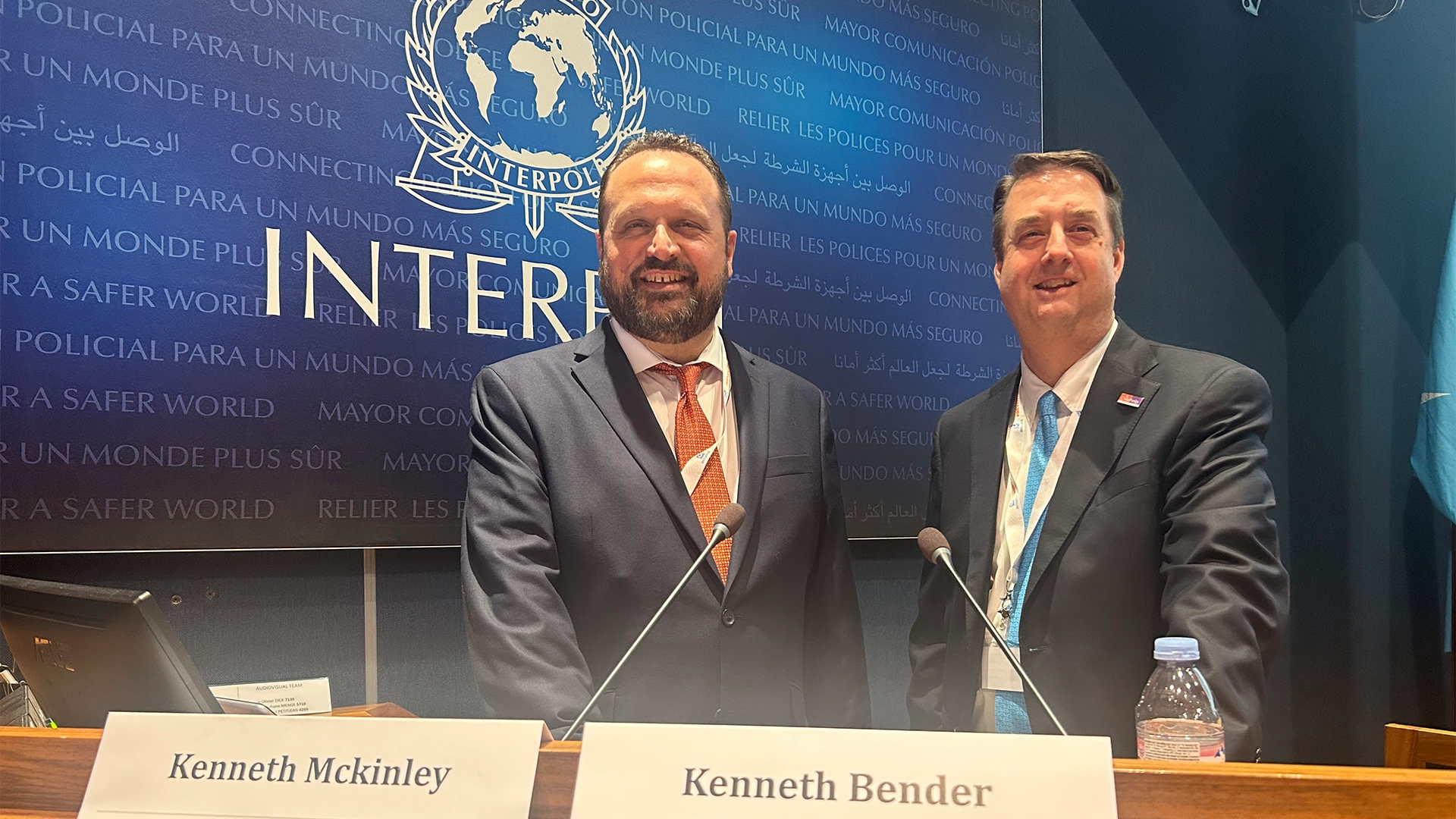When leaders from more than 70 nations come together in one room to protect children, something powerful happens.
This year, Childhelp had the extraordinary privilege of attending INTERPOL’s 41st Operational Meeting in Lyon, France — an invitation extended to only 200 global organizations and agencies working to combat crimes against children. Executive Director of Tennessee Region Operations Kenneth Bender summed it up perfectly, “It was a privilege to be there.” Bender and Kenneth McKinley, director of Childhelp’s Children’s Center of Arizona presented on the organization’s multi-disciplinary team (MDT) model.
Watch an interview with 3TV about Childhelp’s MDT model and Bender and McKinely’s presentation.
At the heart of the meeting was a collective urgency: Children everywhere are being harmed — online and off — and the internet, borderless as it is, has amplified the reach of these crimes. The discussions centered on the grim reality that children are being exploited and abused around the world — often anonymously, digitally, and at an alarming scale.
One of the most impactful takeaways came during discussions on victim identification, where experts analyze environmental clues, digital footprints, and geographical hints to narrow down where a child may be located. It’s painstaking work but often saves lives.
Meta’s presentation featured Childhelp’s “Staying Safe from Online Harm” module, a moment that highlighted the vital role education plays in prevention. Much of the meeting focused on the evolving role of AI and IT in both crime and detection. Several countries are leading the charge — most notably the UK, which has developed one of the most advanced investigative protocols to date. Yahoo was also praised for its diligence in monitoring Child Sexual Abuse Material (CSAM), whereas Apple’s absence was noted.
The meeting also reinforced the importance of language in this work. It is not “child pornography,” but child sexual abuse material. It is not “child prostitution,” but child trafficking. These distinctions matter — they’re about justice, dignity, and changing cultural attitudes toward child victims. In South Africa, such crimes are met with extremely punitive consequences, while many sextortion cases are now tracing back to the Ivory Coast, taking advantage of jurisdictional blind spots and online anonymity. This only reinforces the need for international collaboration because predators are working across borders, and so must we.
Despite the heavy content, the most powerful part of the meeting was witnessing a global coalition united under one mission: To protect children. Across language barriers, legal systems, and cultural divides, there is a clear shared commitment.



